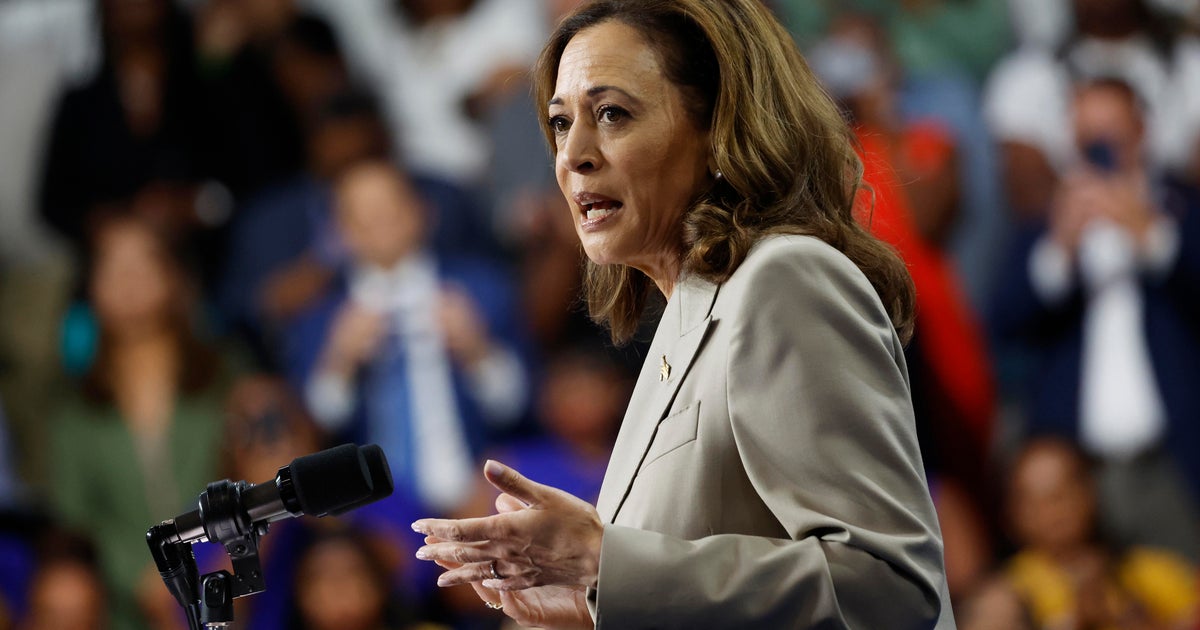Target reports rise in sales following price cuts made in early summer to kickstart business
Target's comparable sales rose for the first time in a year as grocery aisle deals for cash-strapped customers began to pay off.
Sales at stores and digital channels operating over at least the past 12 months rose 2% in the second quarter reversing months of declines, including a 3.7% drop in the previous quarter, and a 4.4% decline during the company's final quarter of last year.
The number of transactions at the Minneapolis retailer increased 3% compared with the same period last year, with all six main merchandising categories, including fashion and home goods, showing strength. Online sales rose 8.7% and comparable sales in clothing increased 3% compared with a year ago as customers embraced new store brands like All in Motion and Wild Fable.
Target's profits and sales beat Wall Street expectations and the company increased its annual profit outlook, but said sales this year could come in at the low end of its guidance for unchanged to a 2% increase.
Shares spiked $18.17, or 13%, to $161.38 in Wednesday trading.
"We are seeing an incredibly resilient consumer in the face of high inflation," Target's CEO Brian Cornell said. "They are looking for newness, but they are also shopping, looking for value."
More than 50% of Target's annual sales come from discretionary items like toys, fashion and electronic gadgets. That had become problematic with Americans laser focused on necessities like groceries after a run-up in inflation after the pandemic.
"One thing that we think helped Target this quarter is a more pronounced focus on value," wrote Neil Saunders, managing director of GlobalData, in a research note. "Target's retooling of its value position is a sensible response to the current environment, and it should continue to deliver results across the quarters ahead."
To boost sales, Target said this spring that it would slash the price of bread, coffee, diapers and thousands of other everyday items, joining other retailers looking to kickstart business by catering to inflation-weary consumers.
Target is cutting its prices because "consumers are feeling pressured to make the most of their budget," executive vice president Rick Gomez said in a statement at the time.
The Minnesota-based retailer is also rolling out programs to make shopping easier as it goes head-to-head with Walmart and Amazon.com.
Target announced a paid membership program in April called Target Circle 360, which comes with unlimited free same-day delivery for orders over $35 and free two-day shipping for all orders. The annual $99 per year membership is getting a strong reception, with more than 2 million memberships added in the second quarter.
Target also has been expanding its store label brands and now has 45, including Figment, a kitchenware collection launched last year.
Target earned $1.19 billion, or $2.57 per share during the quarter, edging out Wall Street expectations by a penny, according to a survey of industry analysts by FactSet. That compared with $835 million, or $1.80 per share, last year.
Sales rose nearly 3% to $25.45 billion, slightly better than expected. But even as the number of transactions rose during the latest quarter, the average amount spent by customers fell, underscoring how Americans remain focused on deals, company executives said.
Target now expects per-share annual earnings to range between $9 and $9.70. That's up from a previous forecast range from $8.60 to $9.60. Analysts expected $9.23 per share, according to FactSet.



